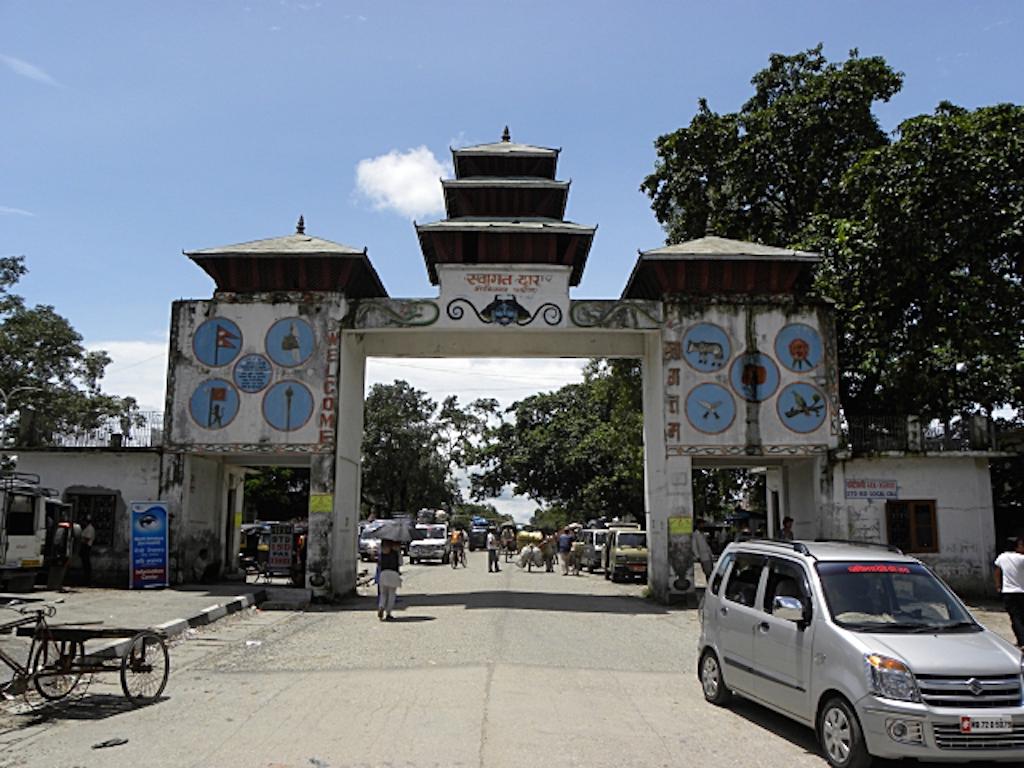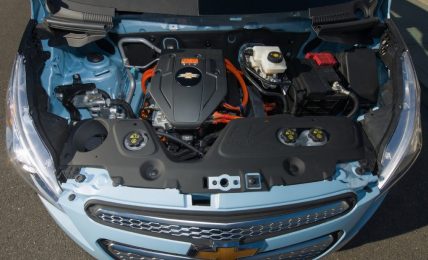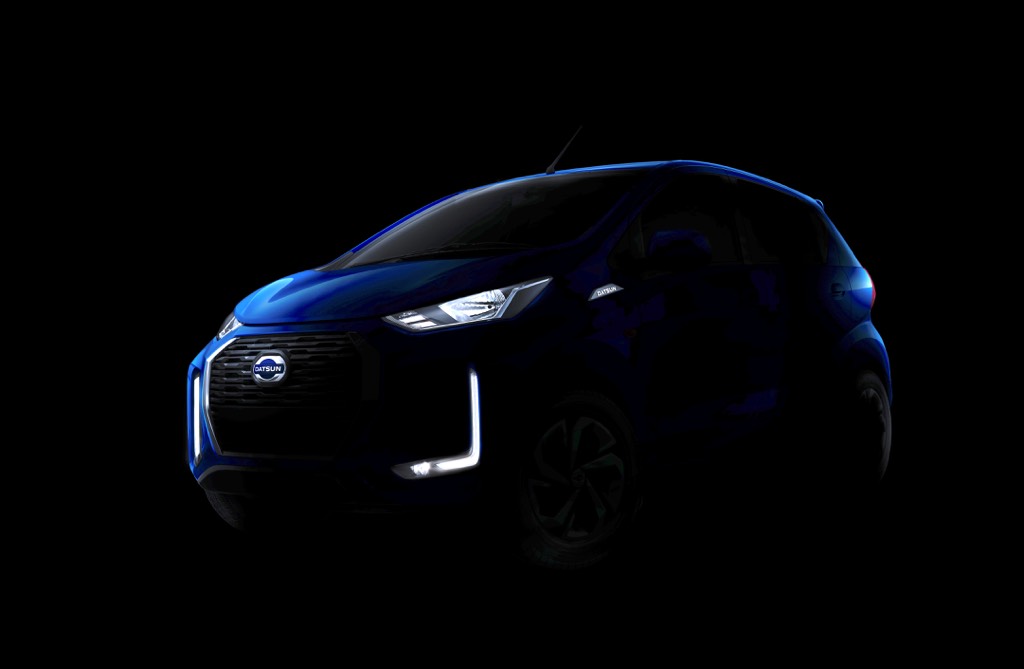Commercial and private vehicles will be able to move goods and passengers across borders under the BBIN Motor Vehicle Agreement.

In what will prove to be extremely profitable for the overall economic development for SAARC nations, the Indian government has approved the signing of the Bangladesh, Bhutan, India and Nepal (BBIN) Motor Vehicle Agreement (MVA) that will soon allow passenger, personal and cargo vehicles from either side of the borders to move freely in other countries. Basically, one could drive a locally registered vehicle in Bangladesh, Nepal or Bhutan under the new agreement that will be signed on 15th June at Thimphu, Bhutan.
The government will be first giving the BBIN permit to commercial buses while private vehicles would be allowed to make use of this facility later. The BBIN countries will be benefitting via mutual cross-border movement of passenger and goods that will promote safe and environmentally sound road transport in all countries while also aiding in economic development of the region that continues to be one of least networked parts in terms of physical connectivity.
Each member of the BBIN group will bear his own costs for the implementation of the agreement and will set certain charges for allowing vehicles from another country to enter its soil. The agreement also authorises the transit vehicle to be inspected and searched. The BBIN Motor Vehicles Agreement is very similar to the SAARC Motor Vehicle draft but gets minor changes. The much talked about SAARC agreement from 2014 could not be signed after one of the countries in the sub-continent had reservations about free movement of goods.





